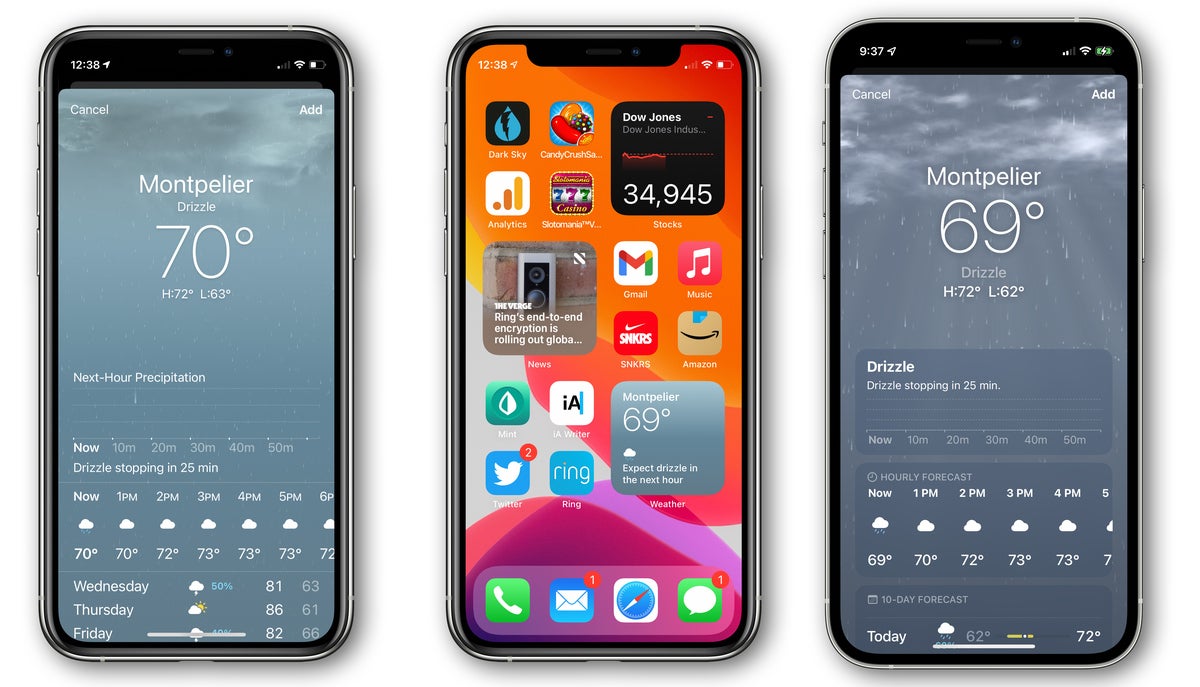
Apple’s botched CSAM program shows dependence on digital rights

From the NSO Group’s ghastly iPhone hack to Apple’s recently revealed system to scan user devices , it’s time and energy to end the endless mission creep from tech convenience to surveillance.
Apple fixes one problem, creates another
Take Apple, for instance. The brouhaha surrounding its decision to invent a technology to scan user images for CSAM material has apparently “surprised” the business.
To my cynical eyes, the actual fact Apple announced the move around in a note quietly published to its website by the end of the weekly news cycle speaks volumes. Since it sometimes appears by me, every PR person on earth knows making announcements by the end of the week is really a solution to bury bad news.
This makes me think it wasn’t actually surprised. It just didn’t manage the reaction – and is currently in damage control since it continues to include additional explanations to the initial announcement. The company’s senior vice president for software, Craig Federighi, has even been wheeled out to attempt to explain things better .
I’m glad criticism of the move is currently taking place in the company . I believe Apple’s motivation was to make a solution that enabled it to scan image libraries while defending user privacy, but I also note that it wound up creating a technology framework that may easily be twisted to undermine privacy .
It wished to protect privacy, but invented something which could undermine it instead. That Apple now just wants us to trust it never to extend the machine into other domains stretches credulity. Given that the operational system has come to exist and the business has confirmed its existence, there’s no chance back.
By design or accident, Apple has opened Pandora’s box. Trust is really a currency, but as of this known level it should be supported by regulation.
The ethics of a hacker
It’s exactly the same for the NSO Group, that provides to invade anybody’s privacy for an extremely high price almost. While the business promises that should you have nothing to cover up, you have nothing to fear, and says it only works together with governments, you just need to take a peek how its hacks have been recently used to start to see the problem.
Having less respect for human rights evidenced in how NSO’s tech was already used highlights the task Apple now faces if it certainly really wants to keep its promise never to extend its CSAM scanning system into other domains.
We are in need of regulation
The problem is that people know the machine exists now, there is no solution to roll it back – and governments that are looking such systems in your devices know it is possible. Therefore the pressure is on.
That’s why a US require a moratorium on the sale of surveillance tech like the NSO Group’s Pegasus seems well timed. “It really is highly dangerous and irresponsible to permit the surveillance technology and trade sector to use as a human rights-free zone,” the UN warns.
“International human rights law requires all continuing states to look at robust domestic legal safeguards to safeguard people from unlawful surveillance, invasion of these threats or privacy with their freedom of expression, association and assembly,” the agency said.
What’s required can be an internationally agreed legal framework that regulates usage of tech-based surveillance over the board, from the type of surveillance-based advertising Apple has pushed so difficult against to the egregious usage of tech, such as for example Cambridge Analytica , the NSO Group, and the on-device snooping Apple revealed.
Anyone using any device must have an acceptable expectation of how their usage of that device is protected. Which ought to be an agreed-upon group of standards internationally, likely built around principles of freedom of association and speech.
Where’s Tim Cook?
It really is upsetting, given his leadership on privacy, that Apple CEO Tim Cook has remained silent with this matter. It had been only in 2019 he wrote , “It’s time and energy to stand up for the proper to privacy – yours, mine, most of ours,” in Time magazine.
In 2018 he previously said : “Rogue actors and also governments have taken benefit of user trust to deepen divisions, incite violence, and also undermine our shared sense of what’s true and what’s false.”
That last point is someone to which Cook returns often. This season in Canada earlier, he warned of the necessity to protect freedom of expression , and recently discussed the necessity to give “users satisfaction by strengthening that control and the freedom to utilize their technology without fretting about who is overlooking their shoulder.”
Yesterday just over, the slow but steady process towards agreeing such rules was acceptable. Things have changed.
Apple is not a little entity. Macs, iPhones, and iPads have over a billion users. Your choice make it possible for on-device surveillance across its platforms means it has made it critical to set up place an international bill of digital rights .
To keep its promise to help keep our privacy safe, Apple should morally -, I believe – now put the entire extent of its corporate might behind the development of this type of group of rights. Nothing less can do.
Please follow me on Twitter , or join me in the AppleHolic’s bar & grill and Apple Discussions groups on MeWe.
